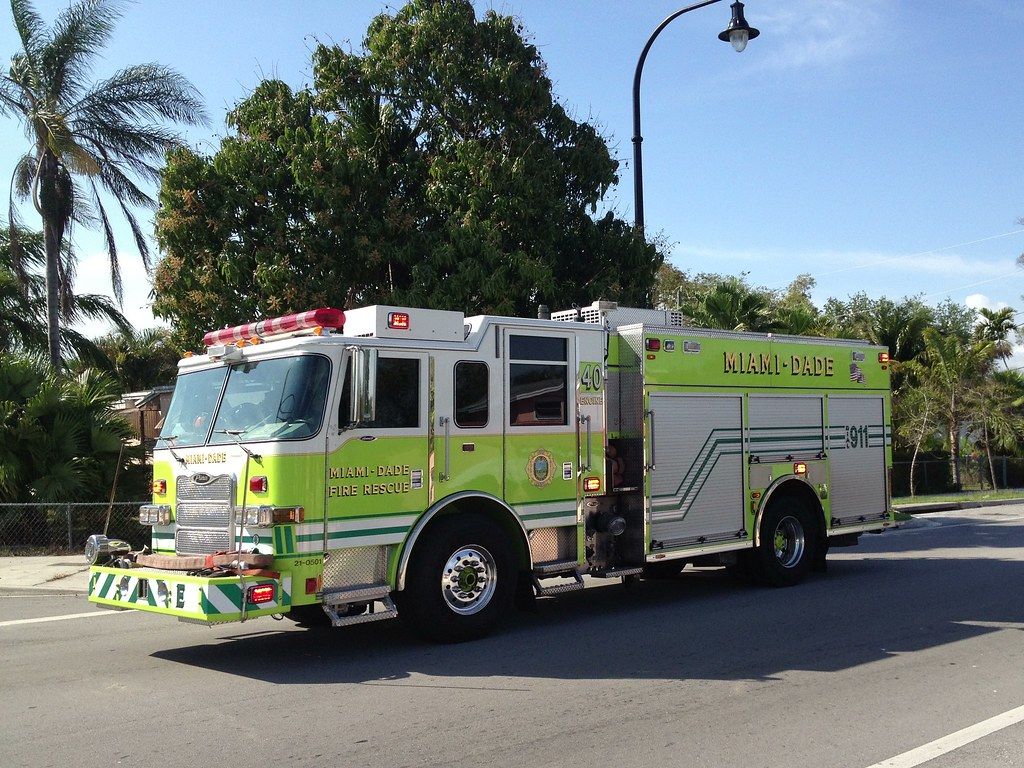
Finding a good mechanic can feel like a game of chance. With so many options out there, it’s hard to know who you can trust to take care of your car without draining your wallet. After all, mechanics naturally have specialized knowledge of cars that you might not, which can make it easy for them to convince you that certain repairs are urgent—even when they aren’t.
But the good news is, there are ways to find a mechanic who’s not only skilled but also honest. With a little research and a few key tips, you can protect yourself from unnecessary repairs and build a relationship with someone who truly has your best interests at heart. This comprehensive guide is designed to equip you with the knowledge and actionable steps needed to confidently navigate the process of selecting an auto repair shop.
From leveraging community recommendations to scrutinizing official certifications and understanding operational transparency, we’ll walk you through essential strategies. Our aim is to help you make informed decisions, ensuring your vehicle receives quality service at a fair price, thereby eliminating the stress often associated with car repairs and fostering a relationship based on trust and competence.

1. **Ask for Recommendations from Friends, Family, or Social Media**
One of the most straightforward and often effective ways to begin your search for a reputable auto shop is by tapping into your personal network. Asking friends and family for recommendations can yield valuable insights, especially if you know people that drive the same vehicle as you or a similar one. This personal connection often provides a level of trust not easily found through other methods, as you are relying on the direct experiences of people you know.
Beyond direct conversations, platforms like Facebook, Reddit, and Nextdoor are great resources for recommendations. While you won’t necessarily know the credibility of the people who respond, these digital communities can often yield quick and trustworthy suggestions from those who have had positive experiences with local mechanics. Engaging with these online groups can broaden your search and reveal highly-regarded shops within your immediate vicinity.
It is worth remembering that quality mechanics care about building a good reputation in their community, so the locals usually know best! This sentiment from the context reinforces the value of community-sourced recommendations. By combining personal advice with wider social media input, you can compile a strong initial list of potential shops to investigate further.
Read more about: The 14 Essential Free & Free-Tier Apps for Enhanced Car Health, Performance, and On-Road Efficiency

2. **Check Online Reviews and Ratings**
Once you have a few names in mind, or even if you’re starting from scratch, thoroughly checking online reviews is an indispensable step in vetting potential mechanics. These reviews offer a window into other customers’ experiences, providing insights into service quality, pricing, and overall satisfaction. They serve as a collective voice of the consumer base, offering a perspective beyond what a shop might present itself.
It is crucial to explore a variety of these platforms to get a well-rounded perspective, as different sites may attract different demographics of reviewers. Sites like CarTalk, for example, offer ratings and reviews on mechanics and shops for free, while other sites like Angi (formerly Angie’s List) may require a subscription. Diversifying your review sources helps to build a more accurate picture of a shop’s reputation.
When examining these reviews, it is important to read both the good reviews and the bad ones. Customers may rate certain services highly and others poorly, so reading lots of reviews can help you determine if the shop or mechanic is a good fit for the maintenance or repair you need. Look for recurring themes or patterns in the feedback, as these often indicate consistent strengths or weaknesses of the business.
Pay close attention to how shops respond to negative feedback, if at all. A professional and constructive response to a complaint can be as telling as the complaint itself, demonstrating a commitment to customer service and continuous improvement. The depth and consistency of feedback across multiple reviewers can be a strong indicator of a shop’s true operational standards.
Read more about: Navigating the Tire Market: 15 Essential Tips to Secure the Best Price and Maximize Value for Your Next Set of Tires
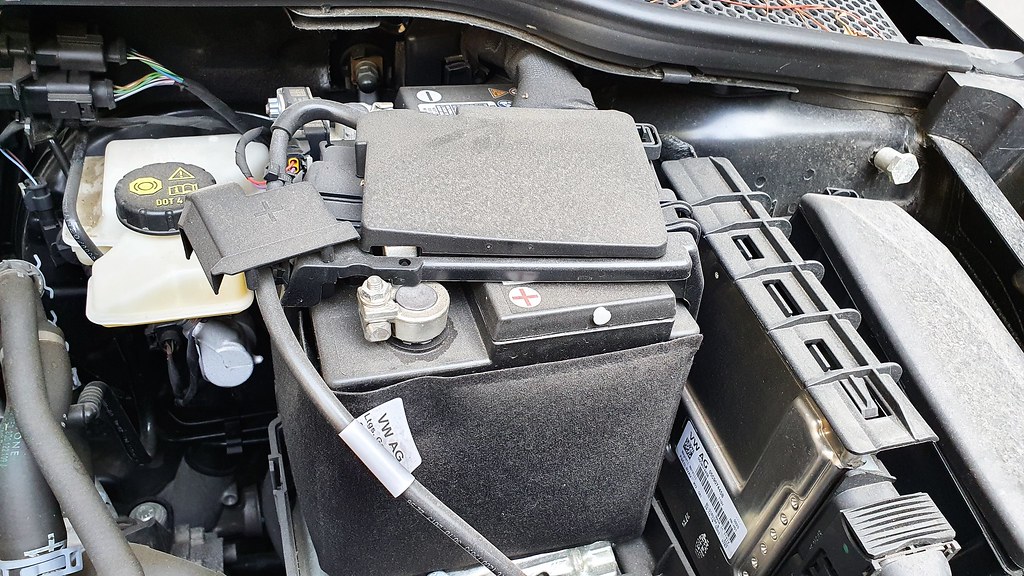
3. **Utilize AAA’s Approved Auto Repair Facility Locator**
The American Automobile Association (AAA) is widely recognized for its roadside assistance, but its value extends significantly into helping consumers find reliable auto repair services. AAA offers a robust database designed to guide members and non-members alike toward high-quality repair shops. This resource is built on a foundation of established standards and a commitment to consumer protection.
The AAA provides a database of high-quality repair shops and garages with experienced, National Institute for Automotive Service Excellence-certified (ASE-certified) or factory trained mechanics. This rigorous approval process means that shops listed have met strict criteria, including a comprehensive evaluation of their facilities, equipment, and customer service practices. AAA also follows up with customers post-repair to gauge their satisfaction and ensure standards are maintained.
To access this valuable resource, you can simply visit AAA’s approved auto repair facility locator online. Users are typically prompted to just enter your zip code, select the type of facility you want to search (mechanical, auto body/detailing, or auto glass), enter the distance you’re willing to travel, and hit “Search” to find a list of approved shops in your area. This streamlined process makes it easy to find pre-vetted options quickly.
Alternatively, if you are driving by a shop, you can look for an “AAA Approved Auto Repair” sign in the shop’s window to indicate the shop has met AAA’s high standards. By choosing an AAA-approved shop, you gain an extra layer of confidence, knowing that the facility has been thoroughly vetted by a trusted third party. This can significantly reduce the uncertainty often associated with finding a new mechanic, providing peace of mind that you’re selecting a shop committed to quality and consumer satisfaction.
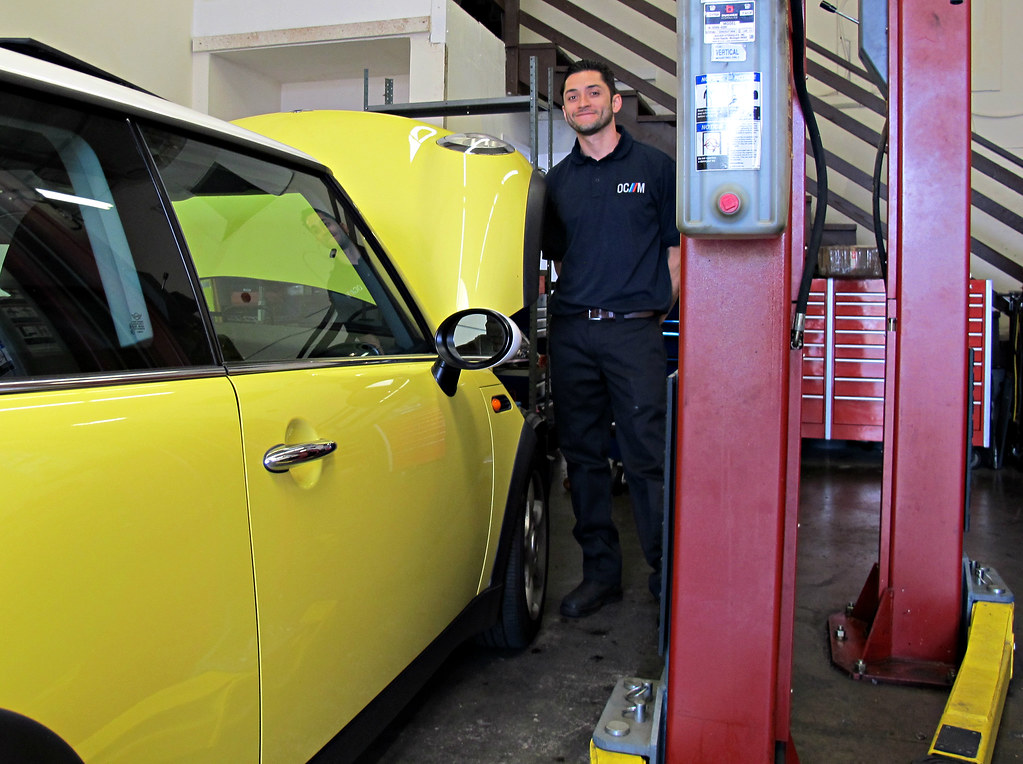
4. **Examine a Shop’s Better Business Bureau (BBB) Rating**Another critical resource for evaluating the trustworthiness of an auto repair shop is the Better Business Bureau (BBB). The BBB serves as a neutral platform for consumer complaints and business ratings, offering transparency into a company’s past performance and its responsiveness to customer issues. This insight is invaluable for making informed choices about where to take your vehicle for service.
Another critical resource for evaluating the trustworthiness of an auto repair shop is the Better Business Bureau (BBB). The BBB serves as a neutral platform for consumer complaints and business ratings, offering transparency into a company’s past performance and its responsiveness to customer issues. This insight is invaluable for making informed choices about where to take your vehicle for service.
The importance of diligent research when selecting a mechanic is underscored by the fact that, according to the BBB, auto repair shops are the 12th most commonly complained about businesses. This statistic reinforces why leveraging tools like the BBB rating system is not merely an option but a necessity for consumer protection in the automotive service industry.
To see how a shop stands up, visit the BBB website and search the shop’s name. Beyond the overall letter grade rating, it is crucial to check its overall rating as well as the specific complaints listed by customers, including how quickly and effectively the shop addressed those complaints. A shop’s willingness to resolve issues publicly speaks volumes about its commitment to customer service and accountability.
Furthermore, also check whether the shop is BBB accredited, which means they’ve been vetted and demonstrated an ethical, quality commitment to their customers. Accreditation signifies a business has met specific standards for trust and integrity. Opting for a BBB-accredited shop can provide an additional layer of assurance regarding its ethical business practices and dedication to consumer satisfaction.
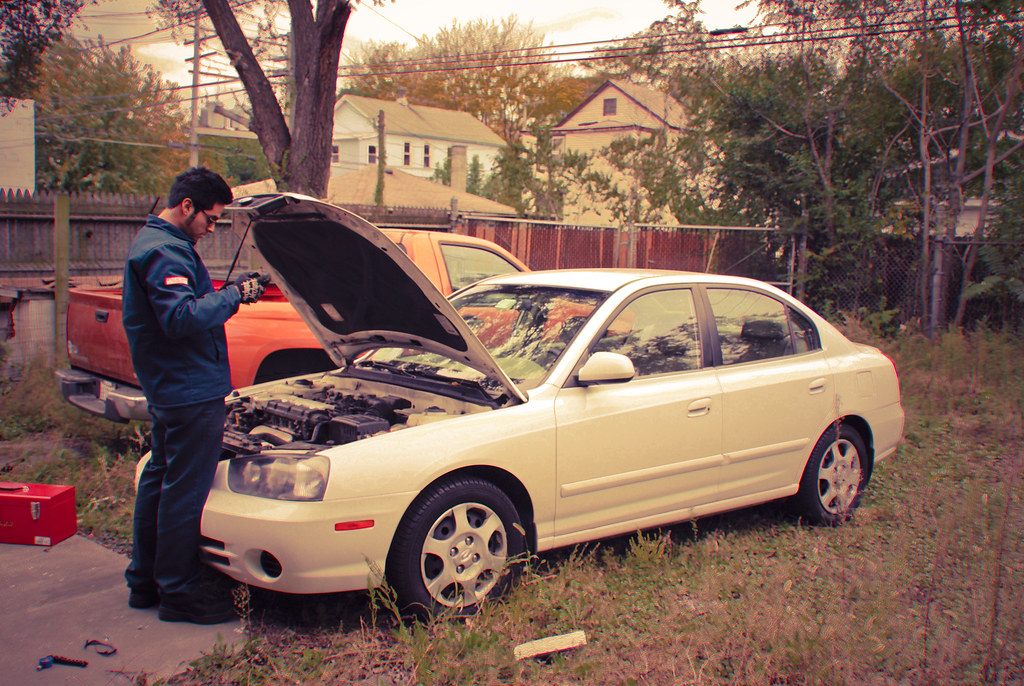
5. **Verify the Shop’s State License**
In an industry where trust is paramount, ensuring that an auto repair shop is legally authorized to operate in your state is a fundamental step in due diligence. A state license provides a basic assurance that the business meets regulatory requirements and is subject to oversight, helping to protect consumers from illegitimate operations. This is a baseline requirement for any legitimate service provider.
If a shop looks sketchy and you’re wondering if it’s even legal, look it up on your state’s Department of Consumer Affairs or Attorney General’s office websites. Many states offer online search tools specifically for licensed auto shops, making the verification process relatively straightforward. This proactive check can save considerable trouble, ensuring you are dealing with a recognized entity.
It is important to note that the standards and requirements for licensure vary by state, but by verifying the license, you’re at least making sure you’re not getting scammed or ripped off by an illegitimate business. This basic verification acts as a foundational safeguard, establishing that the business has met minimum legal operating requirements.
A shop operating without the proper state licensure is a significant red flag, indicating a potential disregard for legal standards and consumer protection. Prioritizing licensed establishments helps ensure that you can seek recourse if issues arise, as they fall under the jurisdiction of state regulatory bodies and are accountable for their services.
Read more about: Unlock Massive Savings: 14 Expert-Backed Strategies to Slash Your Car Insurance by 30% or More
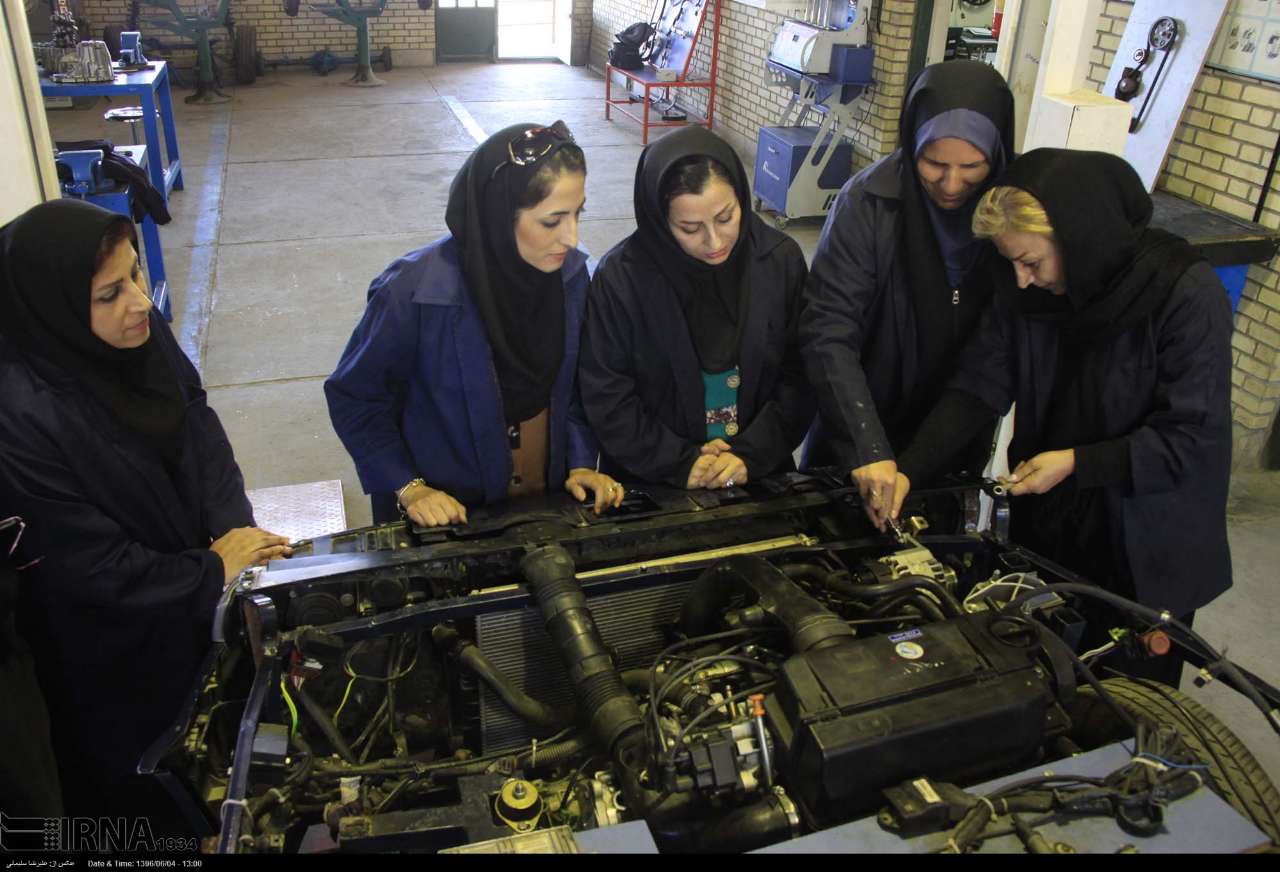
6. **Confirm Mechanic Certifications (ASE, Factory-Trained)**
The skill and knowledge of the individual mechanics working on your vehicle are paramount to receiving quality service. A reputable auto shop invests in its staff’s professional development, and certified technicians are a clear indicator of expertise and dedication to their craft. These certifications provide a benchmark for technical competence and a commitment to staying current with automotive technology.
The National Institute for Automotive Service Excellence (ASE) is an independent, nonprofit organization that tests and certifies mechanics based on their skills and knowledge of current auto technology. To achieve certification, mechanics must pass a written test and have at least 2 years of documented industry experience. The pinnacle of this achievement is the Master Automobile Technician, a designation reflecting comprehensive expertise across various automotive systems.
Beyond ASE, some automakers have their own certifications for mechanics to work on their cars, typically at dealerships, and offer special factory service training for specific makes and models. These specialized trainings ensure technicians are intimately familiar with the unique complexities and latest technologies of particular vehicle brands. This is especially beneficial for vehicles still under warranty or those with advanced, brand-specific systems.
Most quality auto shops or garages will post or display their mechanic’s certifications and credentials on their website or in the waiting area at the shop. If these are not readily visible, ask about them—reputable shops and mechanics will have no problem showing you how qualified they are. Professional auto mechanic Jason Shackelford notes that taking the initiative to earn your ASE shows potential employers and customers you’re serious about an automotive career and continuing education is always needed in this field.
While ASE or factory certifications are the most trustworthy, some mechanics may also have training and certification from auto parts suppliers, service equipment manufacturers, or community colleges and technical training companies as well. These are not as rigorous, but they’re better than nothing (or a mechanic refusing to show their qualifications). Prioritizing shops with certified mechanics significantly increases the likelihood of competent and reliable service for your vehicle.
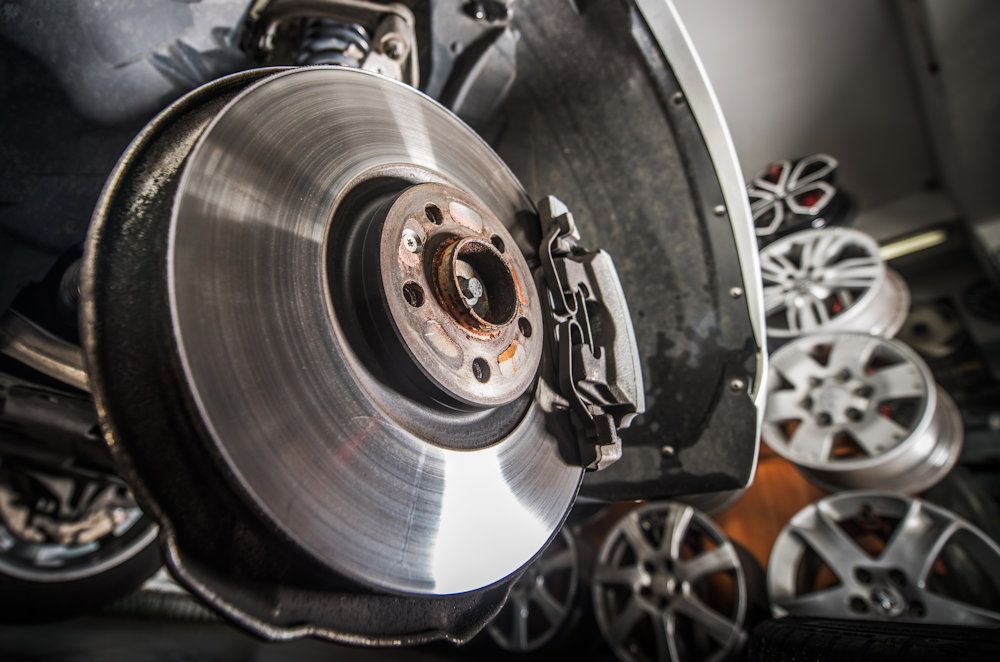
7. **Visit the Shop in Person for an Initial Impression**
Before committing to any major repairs, or even selecting a shop for routine maintenance, a personal visit to the auto shop can offer invaluable insights that online research alone cannot provide. This initial impression allows you to gauge the environment, the staff, and the overall professionalism of the establishment. It’s an opportunity to observe the culture of the business firsthand and see how it operates.
Consider visiting a local shop for a super minor repair or maintenance service, like an oil or filter change, to get a sense of how they work before you need a big repair. During this visit, pay attention to specific details: are the staff friendly and knowledgeable? Do other customers seem satisfied? Is the waiting area clean and is there easily accessible information about the shop and its mechanics? These observations provide clues about the shop’s operational standards and customer care.
This is also a great chance to test how convenient the shop is for your personal routine. Consider practical aspects such as: Do the hours conflict with your schedule? Is it near work so you can drop off your car to be serviced during the day? Is there alternate transportation nearby for after you drop off your vehicle? Convenience can significantly impact your overall satisfaction with a chosen mechanic.
Beyond the tangible aspects, it is important to trust your gut if something feels off about a certain shop or mechanic. A professional and transparent environment, coupled with friendly and communicative staff, often indicates a reputable operation. The atmosphere should instill confidence, not apprehension, making you feel comfortable entrusting your vehicle to their care.
Once you’ve narrowed down your list of potential auto repair shops through diligent research and initial visits, the next crucial step is direct engagement. This involves asking targeted questions that cut to the core of a shop’s competence, transparency, and customer commitment. Empowering yourself with the right questions not only helps clarify service details but also reveals a mechanic’s integrity and expertise, ultimately safeguarding your vehicle and your finances.
By preparing these critical inquiries, you transition from passive research to active vetting, ensuring that any chosen mechanic aligns with the high standards of reliability and professionalism you seek. This phase is about establishing a clear understanding of the proposed work, costs, and guarantees, solidifying your confidence in the repair process.
Read more about: Mastering the Spotlight: 12 Simple Lessons on Resilience for Actors and Business Leaders from Industry Veterans
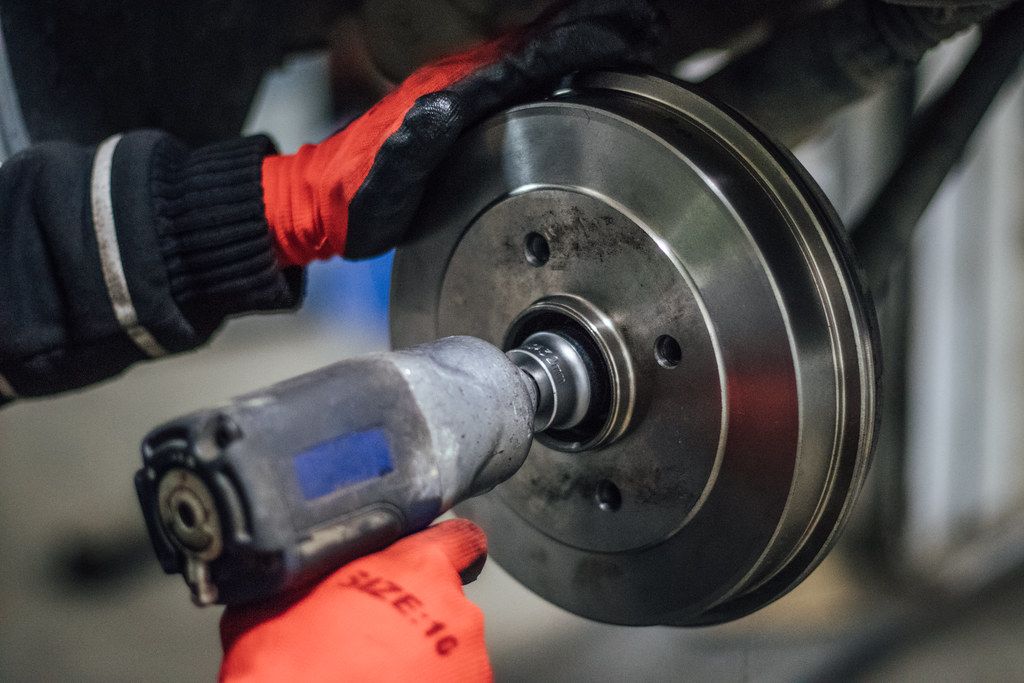
8. **Are you able or certified to service my specific vehicle?**
It’s a common misconception that all mechanics are equipped to work on every make and model of car or truck. The truth is, automotive technology is increasingly specialized, and certain vehicles, particularly luxury cars or those with unique engineering, require specific tools, training, and parts. Asking this direct question immediately helps ascertain if a shop possesses the necessary expertise for your vehicle.
A reputable and trustworthy mechanic will be upfront about their capabilities. If a service or repair is beyond their specific training, certification, or equipment, they should readily inform you and might even recommend a specialized shop that can better meet your needs. This transparency is a strong indicator of honesty and a commitment to quality service, rather than taking on a job they are not fully prepared for.
This question is especially pertinent if you own a vehicle that is less common, a high-performance model, or still under an active manufacturer’s warranty. Specialized certifications, often brand-specific, ensure that technicians are intimately familiar with your car’s unique systems, thereby reducing the risk of improper repairs or voiding existing warranties. Always prioritize shops that demonstrate clear qualifications for your specific vehicle.
Read more about: Protecting Our Little Ones: 14 Essential Steps for Flawless Car Seat Installation
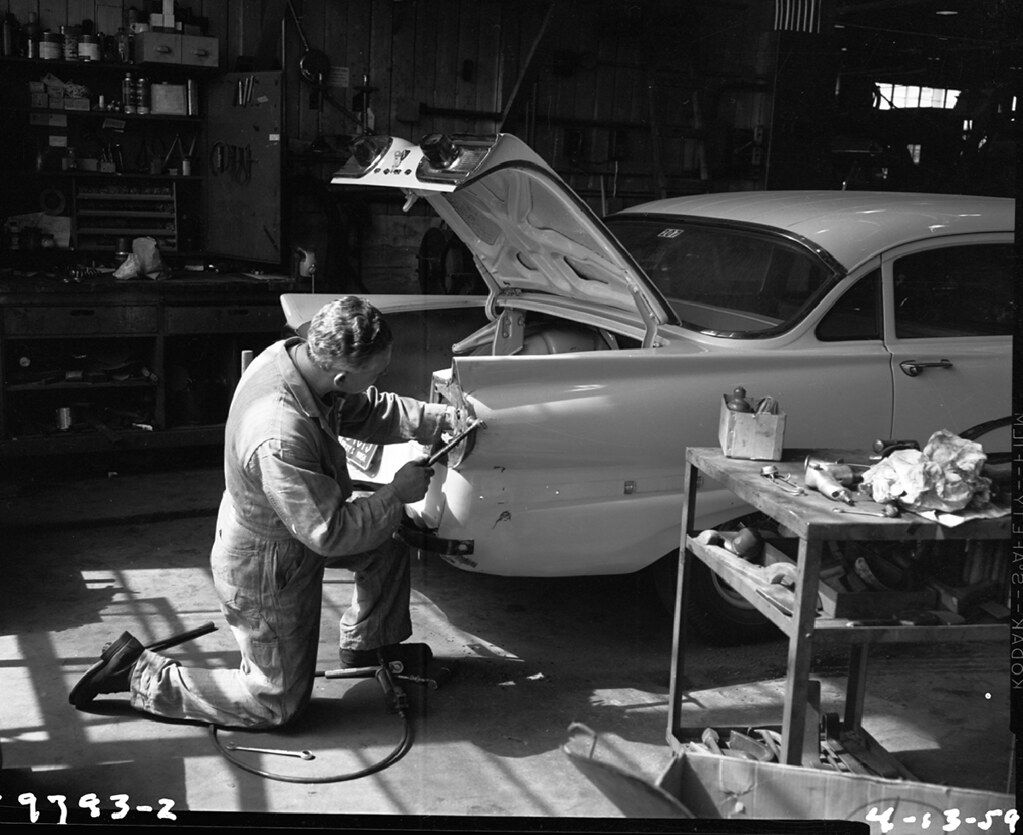
9. **How long will I have to wait for the repair to be done?**
Understanding the expected timeline for your vehicle’s repair is essential for planning your day and managing expectations. Repair times can vary significantly based on the complexity of the issue, the availability of parts, and the shop’s current workload. Don’t hesitate to ask for an estimated completion time upfront, especially if you have an idea of the work needed.
To further protect yourself, it’s a wise practice to conduct a quick online search for average repair times for the specific service your car requires. Compare the shop’s estimate against this general industry standard. Shops that provide estimates within a reasonable ballpark of the average are typically being honest and realistic about their workflow.
Conversely, be wary of estimates that are significantly shorter or longer than the average. An unusually short timeline might suggest rushed work or a lack of thoroughness, while an excessively long one could indicate inefficiency or potential delays. This comparison allows you to gauge the shop’s efficiency and integrity, helping you avoid unnecessary inconveniences or prolonged waits.
Read more about: Pedal to the Metal: 14 Classic Rock Gods Who Fueled Your First Wild Rides and Open Road Dreams!
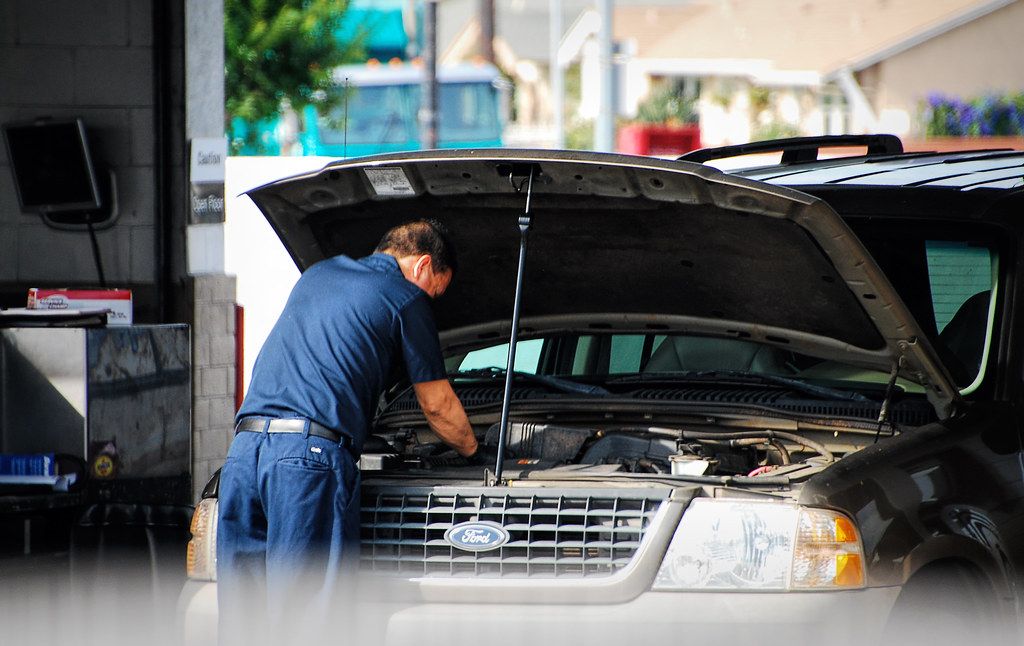
10. **Do you offer a guarantee or warranty for your work?**
A crucial aspect of selecting a trustworthy mechanic is understanding the assurances they provide for their services. Most reputable auto repair shops offer a guarantee or warranty on their work, typically covering repairs for a period of 12 months or 12,000 miles, whichever comes first. This warranty is a significant layer of protection for you as a consumer.
The presence of a warranty means that if an issue reoccurs or a problem arises directly related to the previous repair within the specified timeframe, you can bring your vehicle back to the shop for them to fix it without additional charges. This demonstrates a shop’s confidence in the quality of their technicians and the parts they use.
While the 12-month/12,000-mile standard is common, it’s important to remember that guarantees can vary depending on the specific shop and the particular service or repair. When inquiring, consider asking about the warranty policy for a common repair, such as brake work or a transmission service, to get a clear understanding of their commitment to customer satisfaction and accountability for their craftsmanship.
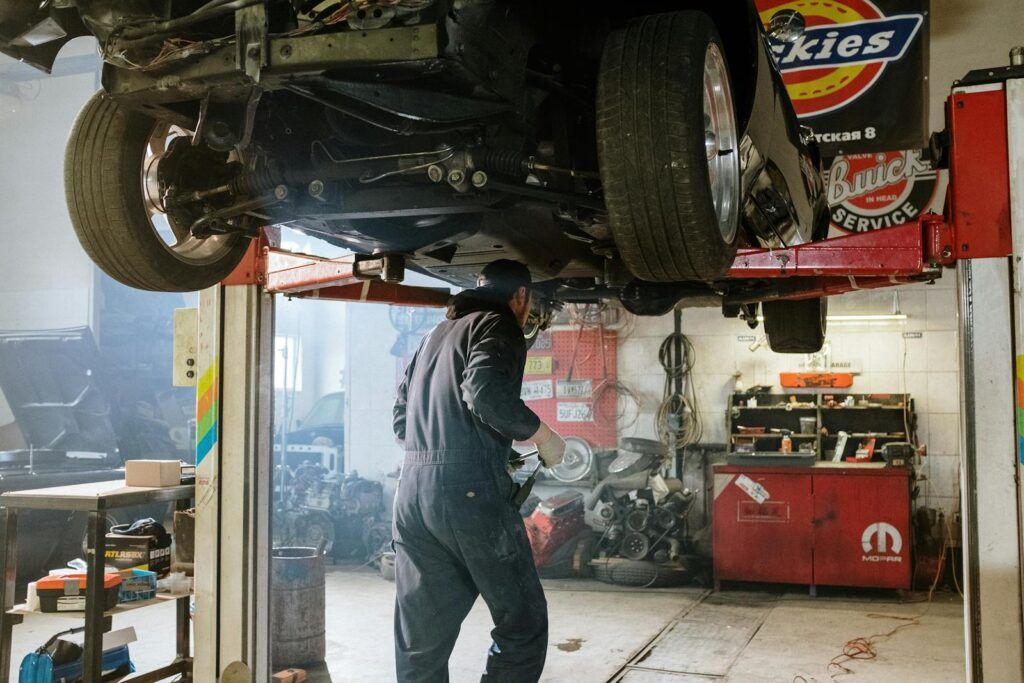
11. **What is your hourly rate? Does it vary by car model?**
Understanding the labor rate is fundamental to estimating the total cost of any automotive repair. This hourly rate directly contributes to the overall expense, and transparency regarding this charge is a hallmark of an honest business. Asking about it allows you to compare pricing across different shops and budget effectively for the service your vehicle needs.
Furthermore, it’s important to inquire whether the hourly rate fluctuates based on your specific vehicle’s make and model. Some shops, for instance, might charge a higher labor rate for intricate work on luxury sports cars compared to more common repairs on a standard sedan that is a decade old. This differentiation can significantly impact your final bill.
A clear explanation of their hourly rates and any variations demonstrates a commitment to fair pricing and consumer understanding. Reputable mechanics will not shy away from disclosing this information, as it helps build trust and ensures there are no unpleasant surprises when the final invoice is presented. Always seek shops that provide this clarity.

12. **Can you break down and explain this repair cost?**
When presented with a repair estimate, never hesitate to ask for a comprehensive breakdown that clearly delineates both the parts cost and the labor charges. A trustworthy mechanic will readily provide this detailed explanation, ensuring you understand exactly what you’re paying for. This level of transparency is vital for making informed decisions.
It’s equally important to engage with the mechanic and ask why a particular repair costs what it does. They should be able to explain the necessity of specific parts, the complexity of the labor involved, and any diagnostic procedures undertaken. While the cheapest fix might seem appealing, remember that highly trained technicians and parts backed by longer warranties often result in a more reliable and lasting repair, even if the initial cost is higher.
Consider your options carefully: an independent mechanic might offer a more competitive price than a dealership, but always verify that opting for an independent shop won’t void your vehicle’s warranty. Conversely, dealerships almost always guarantee access to specialty tools, factory training, and the precise know-how for your specific make and model, ensuring compatibility and often peace of mind for complex repairs.
Read more about: Unlock Your Jewelry’s True Value: A 14-Step Lifehacker Guide to Smart Appraisals
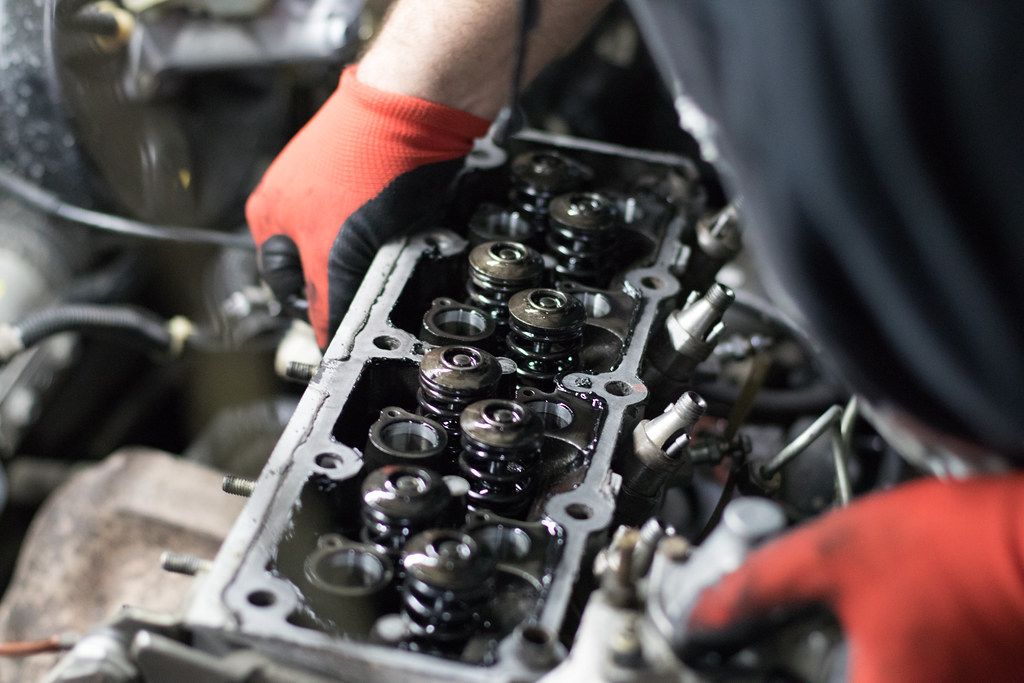
13. **Do you charge for preliminary inspections, diagnostics, or estimates?**
The distinction between a preliminary visual inspection and a comprehensive diagnostic service is crucial when discussing fees. Most quality auto shops will not charge for a preliminary visual inspection, which typically involves an external examination of the vehicle and an estimation of potential parts and labor. This initial assessment is often a courtesy designed to provide a rough idea of the problem.
However, for a truly accurate estimate, a technician frequently needs to delve deeper, sometimes partially disassembling parts of the vehicle or using specialized diagnostic equipment to pinpoint the exact issue. Since this involves actual labor and the use of sophisticated tools, it is perfectly normal and acceptable to expect a fee for such detailed diagnostic services.
A positive sign of a good shop is if they credit the cost of this diagnostic fee toward the final repair bill, should you choose to have the work done there. This practice shows a commitment to fair dealing and encourages customers to proceed with necessary repairs. Always clarify these potential charges upfront to avoid any surprises later.
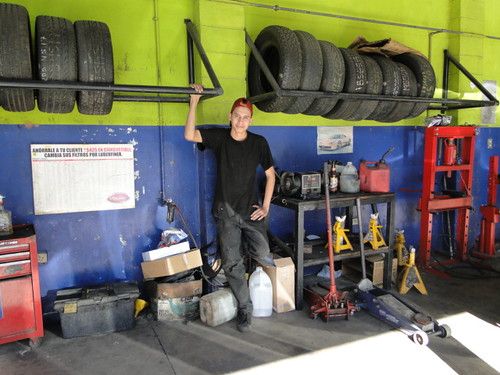
14. **Do you use OEM parts?**
The type of parts used in your vehicle’s repair can significantly impact its performance, longevity, and even warranty coverage. Original Equipment Manufacturer (OEM) parts are components that come directly from your vehicle’s manufacturer. These parts are guaranteed to fit perfectly and function exactly as they were designed to, maintaining the original specifications and quality of your car.
If using OEM parts is a priority for you, perhaps because you own a luxury vehicle, your car is relatively new, or you want to ensure the highest possible compatibility and performance, then it is vital to ask this question. Many shops may need to specially order OEM parts, which could extend the repair time, but some facilities, especially dealerships, often have direct access to them.
It is important to note that while OEM parts offer superior assurances, they are generally more expensive than aftermarket or used parts. Aftermarket parts are produced by companies other than the original manufacturer and can vary widely in quality and fit. Understanding the trade-offs between OEM, aftermarket, and used parts in terms of cost, quality, and availability will help you make an informed decision aligned with your preferences and budget. Dealerships, for instance, almost always exclusively use OEM parts, providing an automatic assurance in this regard.
**Questions a Good Mechanic Will Ask You**
A truly trustworthy and thorough mechanic isn’t just there to answer your questions; they’re also committed to gathering as much information as possible from you. This proactive approach helps them accurately diagnose the issue you’re experiencing and provide the most precise time and cost estimate. Their inquiries demonstrate a genuine interest in understanding your vehicle’s history and current symptoms.
Expect a good mechanic to ask, “What brings you in today?” to get a general overview. They’ll likely follow up with more specific questions like, “What’s concerning you about your vehicle?” or “When did you first notice anything unusual?” These questions help them understand the problem from your perspective. Furthermore, they will inquire, “What kind of work has been done on your vehicle?” and “Do you have any records of previous work done to your vehicle?” This detailed questioning helps them avoid unnecessary diagnostics and quickly pinpoint potential issues based on past service history.
**Red Flags to Watch Out For**
Even with all your research and questions, it’s crucial to trust your intuition. If something feels off about a certain shop or mechanic, listen to your gut. Always be prepared to seek a second opinion to compare costs and quality of service if you encounter any of the following red flags that signal potential dishonesty or incompetence.
Be wary if a technician gives you a total price without a clear breakdown or explanation of parts and labor, or if they don’t provide an estimated cost upfront at all. A significant red flag is a mechanic who refuses to explain the repair in easy-to-understand language, instead using complicated industry terms or jargon to obscure details. Similarly, be cautious if they make a recommendation without a clear and logical explanation of why it’s necessary for your vehicle’s health.
Alarm bells should sound if a mechanic uses “scare” language, such as, “I wouldn’t drive this if I were you,” to pressure you into immediate, extensive, or unnecessary repairs. A refusal to share their certifications or qualifications is also a significant concern, as reputable professionals are proud to display their expertise. Furthermore, if they refuse to give you your old parts after they claim they’ve been replaced, this can be a sign of deceptive practices. Finally, watch out for mechanics who act overly confident about a low price upfront, only for “something always comes up” that dramatically increases the final costs, or those who incorporate a lot of diagnostic fees and costs that were not disclosed to you upfront.
Read more about: 12 Essential Questions to Ask Your Mechanic Before Approving Any Car Repair
Finding a trustworthy mechanic doesn’t have to be a daunting task. By combining thorough initial research with direct, informed questioning and a keen eye for potential red flags, you empower yourself to make the best decisions for your vehicle. Investing time in this process means you’ll not only secure quality service at a fair price but also build a valuable relationship with a professional who genuinely cares about your car’s well-being. Drive confidently, knowing you’ve chosen a mechanic you can truly rely on.



